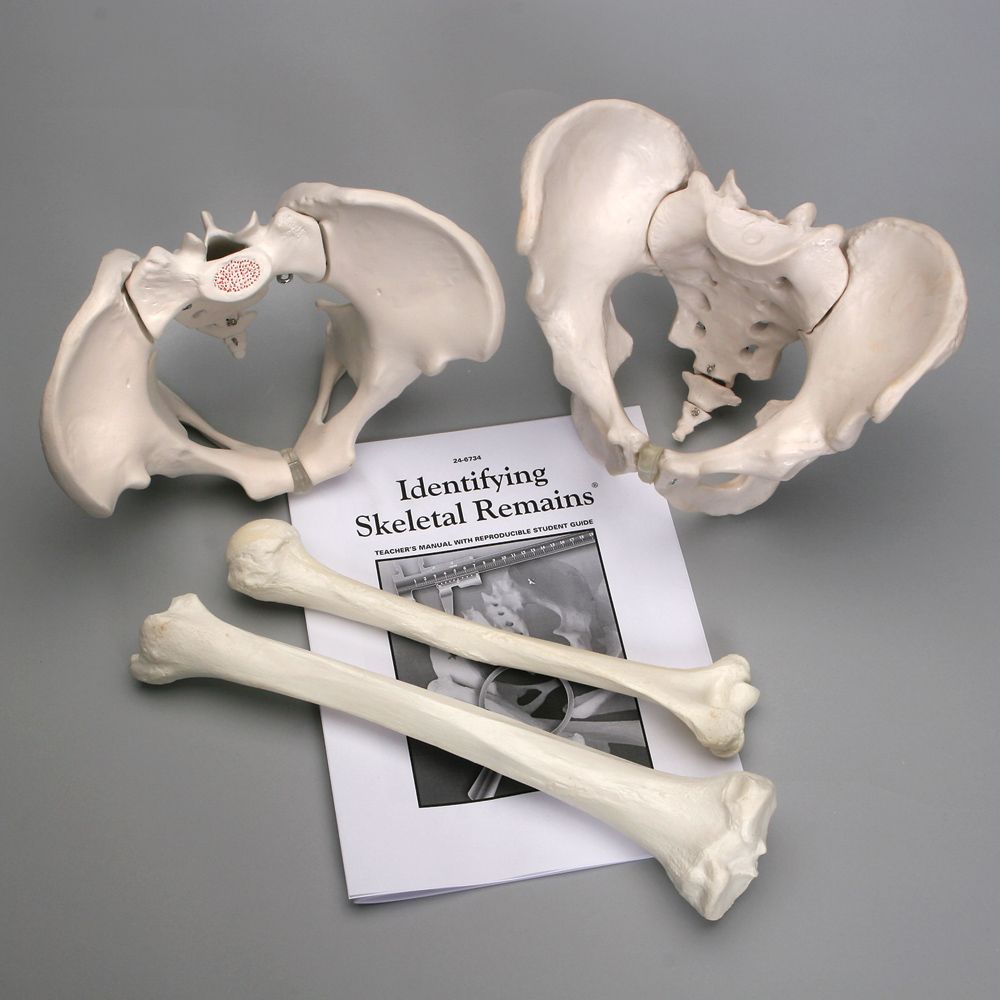Real Estate Career Age Requirements: Complete Guide to Getting Started
Understand real estate age requirements
The real estate industry offer lucrative career opportunities for individuals of various ages, but specific legal requirements govern when someone can formally begin practice as a licensed real estate professional. Most states require individuals to be at least 18 years old to obtain a real estate license, though some preparation and education can begin former.
Age requirements exist to ensure professionals possess the legal capacity to enter contracts, handle significant financial transactions, and bear the responsibilities that come with represent clients in property deals. These regulations protect both consumers and the industry’s integrity.
State by state age requirements
Real estate licensing fall under state jurisdiction, meaning requirements vary across the United States. The majority of states mandate that applicants be 18 years old, but several states have different standards:
States require age 18:
Most states, include California, Texas, Florida, New York, and Illinois, require candidates to be 18 years old before apply for a real estate license.
States with age 19 requirements:
Alabama and Nebraska require applicants to be 19 years old.
States require age 21:
Michigan stands out by require real estate license applicants to be 21 years old.
These age requirements apply specifically to obtain a license to practice real estate severally. Yet, younger individuals can begin prepare for their real estate careers through education and preliminary steps.
Educational prerequisites and early preparation
While licensing require reach the minimum age, aspire real estate professionals can begin their education journey former. High school students interested in real estate can take relevant courses in business, mathematics, economics, and communication to build foundational skills.
Pre licensing education requirements typically include 40 to 180 hours of approved coursework, depend on the state. Many online and in person programs accept students under 18, allow them to complete educational requirements before reach the minimum licensing age.
Community colleges and universities offer real estate programs, business degrees with real estate concentrations, and relate coursework that provide valuable background knowledge. Students can pursue these educational opportunities while nevertheless in high school or instantly after graduation.
Licensing process and timeline
The path to real estate license involve several steps beyond meet age requirements. After complete pre licensing education, candidates must pass a state licensing examination cover real estate law, principles, and practices.
The licensing process typically takes two to six months, depend on course scheduling, study time, and exam availability. Some states require background checks, which can add processing time.
Formerly license, new real estate agents must affiliate with a licensed brokerage firm. Independent practice require additional experience and oftentimes a broker’s license, which have higher age requirements and experience prerequisites in many states.
Alternative entry points for younger individuals
Young people interested in real estate but not however eligible for licensing can explore several entry points into the industry:
Real estate assistant positions:
Many brokerages hire unlicensed assistants to handle administrative tasks, marketing, and client communication. These positions provide valuable industry exposure and network opportunities.

Source: realestatecareerhq.com
Property management:
Property management companies oftentimes hire younger employees for maintenance coordination, tenant relations, and administrative duties. This experience provides insight into property operations and investment fundamentals.
Real estate photography and marketing:
The digital marketing aspects of real estate offer opportunities for tech-savvy young people to provide services like photography, virtual tours, social media management, and website development for real estate professionals.
Internships and apprenticeships:
Some real estate firms offer internship programs for high school or college students, provide hands-on experience and mentorship opportunities.
Financial considerations and startup costs
Start a real estate career involve various costs that young professionals should consider. Pre licensing education courses range from $200 to $$1000, while license exam fees typically cost $ $50o $ 3$300
New agents must budget for multiple listing service (mMLS)access, professional association memberships, marketing materials, business cards, and continue education requirements. These initial costs can total $ $200 to $ 5$50 in the first year.
Real estate operate on commission base income, mean new agents may not earn money for several months while build their client base. Have financial reserves or alternative income sources during the initial period is crucial for success.
Skills development for young real estate professionals
Success in real estate require specific skills that young professionals can develop ahead and during their licensing journey. Communication skills are paramount, as agents must efficaciously interact with clients, other agents, lenders, and various professionals throughout transactions.
Technology proficiency is progressively important in modern real estate practice. Young agents ofttimes have advantages in social media marketing, digital photography, virtual tour creation, and customer relationship management systems.
Negotiation skills, market analysis abilities, and understanding of legal documents are crucial competencies that develop through education, training, and experience. Many successful young agents focus on these areas former in their careers.
Build professional networks
Network play a vital role in real estate success, and young professionals can begin build relationships before obtain their licenses. Attend local real estate association meetings, join young professional groups, and connect with establish agents provide valuable mentorship opportunities.
Social media platforms offer powerful networking tools for young real estate professionals. Build a professional online presence, share market insights, and engage with community members can establish credibility and generate future business opportunities.
Volunteering for community organizations, participate in local events, and join business groups help young agents establish themselves within their target markets and build referral networks.
Choose the right brokerage
New agents must affiliate with license brokerages, make brokerage selection crucial for career development. Young agents should consider factors like training programs, mentorship availability, commission structures, and company culture when choose their first brokerage.
Some brokerages specialize in train new agents and provide structured support systems, while others offer higher commission splits but less guidance. Young professionals oftentimes benefit from brokerages with comprehensive training programs and experienced mentors.
The choice between large national chains and smaller local firms depend on individual preferences, career goals, and local market conditions. Each option offer different advantages for new agents enter the industry.
Long term career development
Real estate offer various career paths beyond traditional sales agent roles. Young professionals can pursue specializations in commercial real estate, property management, real estate development, or investment analysis.
Advance to broker status typically require additional education, experience, and meet higher age requirements in some states. Broker licenses enable independent practice and the ability to supervise other agents.
Many successful real estate professionals finally start their own brokerages, develop investment portfolios, or transition into related fields like real estate law, appraisal, or mortgage lending.
Market trends and opportunities
The real estate industry continue to evolve with technological advances, change consumer preferences, and market dynamics. Young professionals enter the field can capitalize on trends like virtual showings, digital marketing, and data analytics.
Demographic shifts, include millennial home buying patterns and baby boomer downsizing trends, create opportunities for agents who understand different generational preferences and communication styles.

Source: pinterest.com
Sustainable and smart home technologies are progressively important to buyers, provide opportunities for agents who stay current with these trends and can efficaciously communicate their benefits to clients.
Understand these market dynamics and position themselves as knowledgeable resources help young real estate professionals differentiate themselves in competitive markets and build successful long term careers in the industry.



